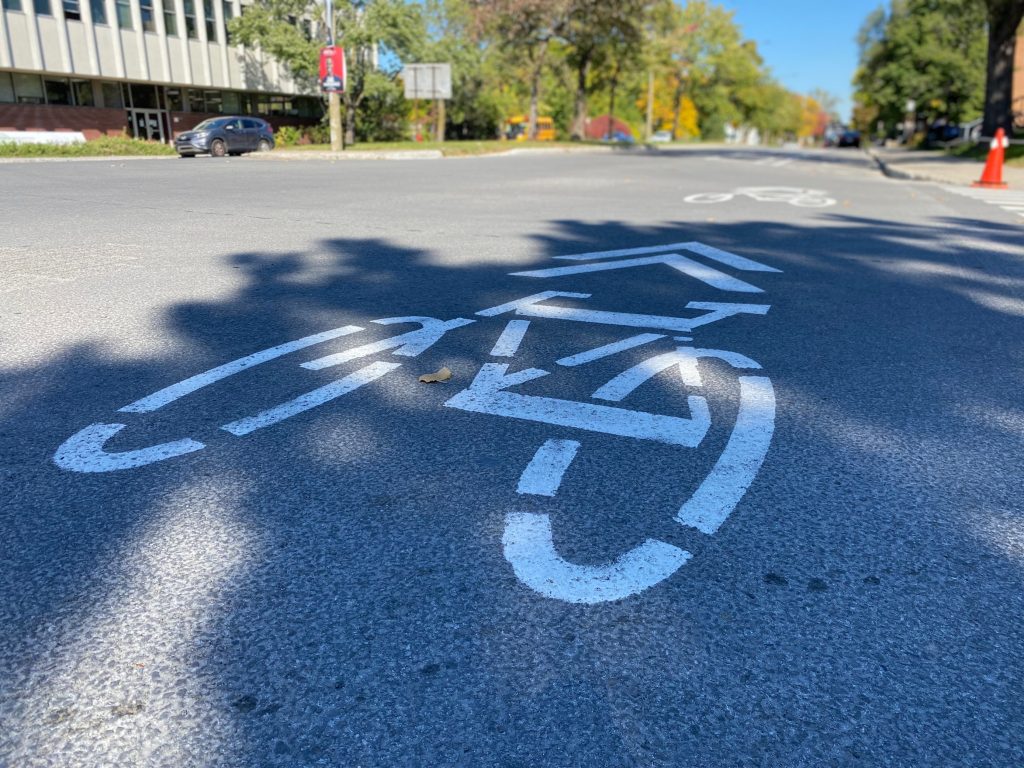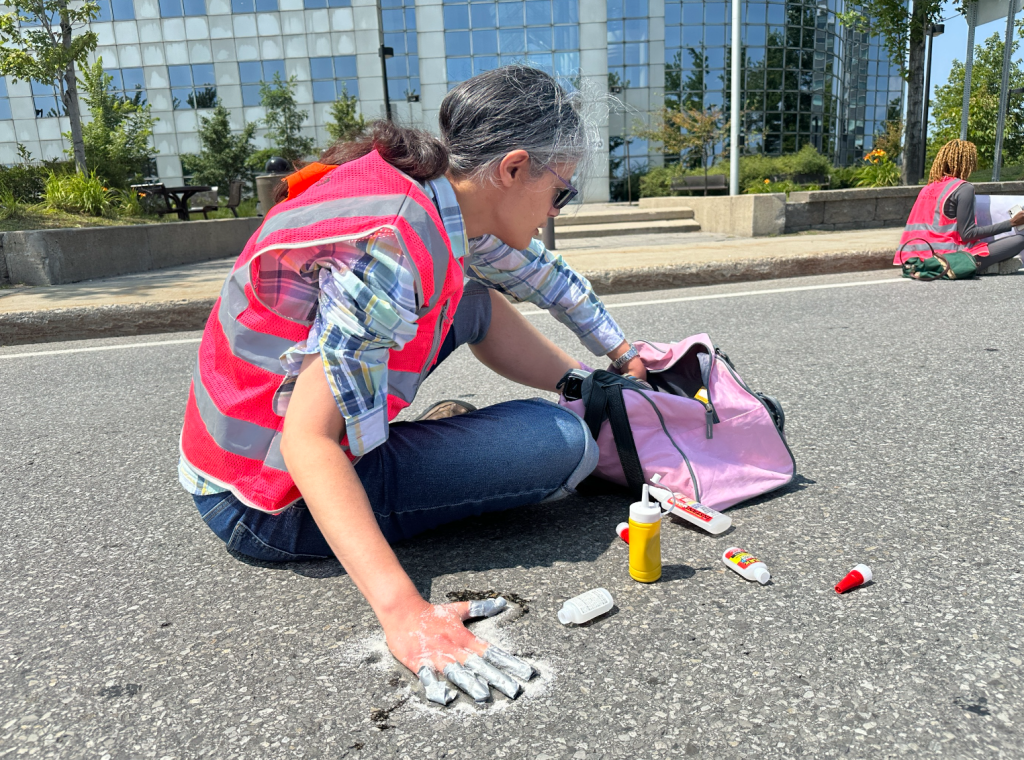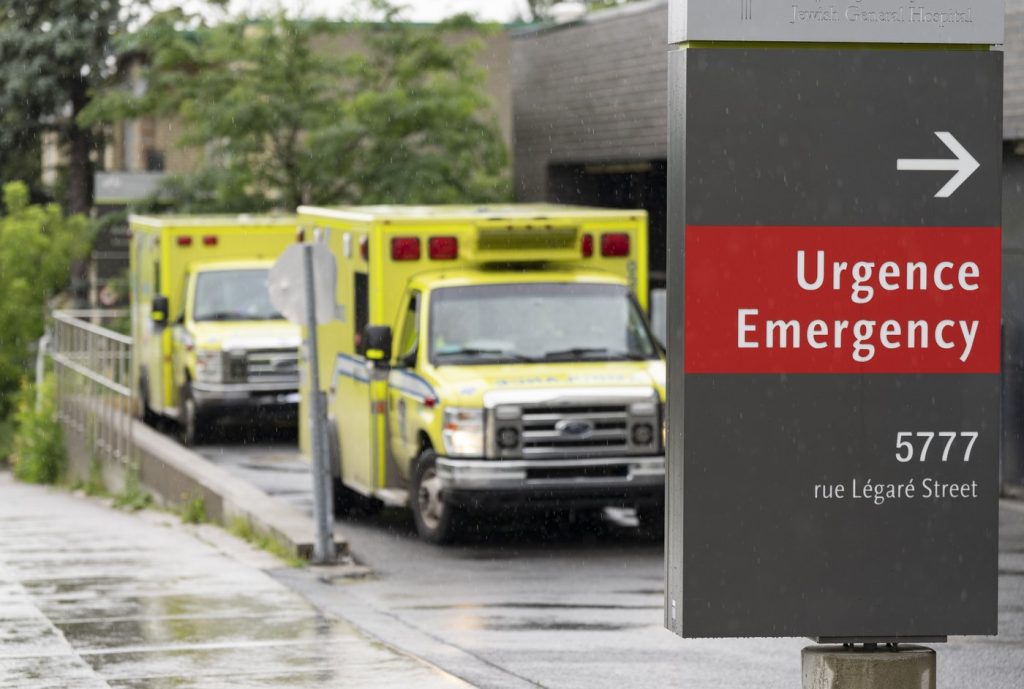Quebec to limit private gatherings to 6 people as of Boxing Day
Posted December 22, 2021 6:38 pm.
Last Updated December 23, 2021 2:29 am.
Quebec Premier Francois Legault said Wednesday the province is facing a major challenge as COVID-19 cases climb “exponentially,” but his government will wait until after Christmas to further restrict private gatherings.
Legault told a news conference in Montreal that beginning Sunday, gatherings inside homes will be limited to six people or two family bubbles. Restaurants, which are already operating at half capacity and have to close at 10 p.m., will also have to limit groups at tables to six people or two families.
Legault said Quebec recorded about 9,000 new COVID-19 cases Wednesday, which will be reported in Thursday’s official numbers.
WATCH: Quebec health update – Dec. 22
“Until Saturday, we’re letting people who absolutely want to gather, but I invite all Quebecers who can put off their gatherings to do so,” the premier said. The province, he added, “will be facing a very difficult test in the coming weeks, but this is not the first time that our people have gone through a big test.”
Earlier this week, the province abruptly closed bars, gyms and schools and warned that further restrictions could be coming while awaiting projections on the spread of the virus and its impact on hospitalizations.
Quebec reported a record 6,361 new COVID-19 cases Wednesday morning, with surging cases pushing the province well past 500,000 infections since the pandemic began. There were two more deaths, and hospitalizations jumped by 30 to 445, with 88 of those patients listed in intensive care – unchanged from the previous day.
Legault: 70 per cent of hospitalized people with COVID-19 are 60 years old or older, and those who don't have their third vaccination.
— CityNews Montreal (@CityNewsMTL) December 22, 2021
Legault said the steady rise in infections is putting the health network at risk, and he said the government “won’t hesitate” to add further restrictions if needed.
“In the past week, the number of COVID cases has tripled. We have today about 9,000 new cases, and we expect hospitalizations to continue to increase,” he said. “Our goal remains the same, to protect our hospitals so that we can continue to treat all those who need it.”
A day after Quebec’s public health institute said the more transmissible Omicron variant now accounts for around 80 per cent of new infections in the province, the institute published projections Wednesday anticipating a rapid rise in cases and hospitalizations.
The Institut national de sante publique du Quebec said the epidemiological situation in Quebec in December was ripe for spread of the Omicron variant: protection waned for those with two doses of vaccine; few people had received a third dose; and contacts increased after certain health measures were scaled back in November.
Arruda: People who are positive for COVID-19 will no longer receive phone calls, they will receive an email given that public health teams are overloaded.
— CityNews Montreal (@CityNewsMTL) December 22, 2021
Dr. Eric Litvak said even with the measures and restrictions announced earlier this week and a push to get third doses in arms, it’s impossible to rule out hospital capacity being overrun.
“We’re definitely looking at something that is going to happen quickly, in the following days and weeks,” Litvak, vice-president scientific affairs at the institute, said in an interview.
Litvak said there remains uncertainty surrounding the severity of Omicron. In South Africa, where the variant originated, cases have dropped noticeably in recent days and medical experts have noted the variant appears to have peaked. But it is possible that previous exposure to the Delta variant, which circulated much more widely in South Africa, has led to higher natural immunity. The South African population is also younger than Quebec’s.
“It’s still very early, and when you look at the global situation, the rapid rise of Omicron cases is still very recent. It’s a matter of days,” Litvak said. “I think it’s really too early to be able to reach any clear conclusions on how bad it might be in terms of hospitalizations, and the following seven, 10, 14 days are going to be extremely valuable to try to better understand that.”
Also on Wednesday, a Quebec government health-care research institute said its projections suggest that within three weeks, the occupancy of regular beds and intensive care beds for COVID patients could reach 80 per cent of the peak observed in January 2021, cautioning those rates could be even higher given the rapid increase in cases.
This report by The Canadian Press was first published Dec. 22, 2021.



